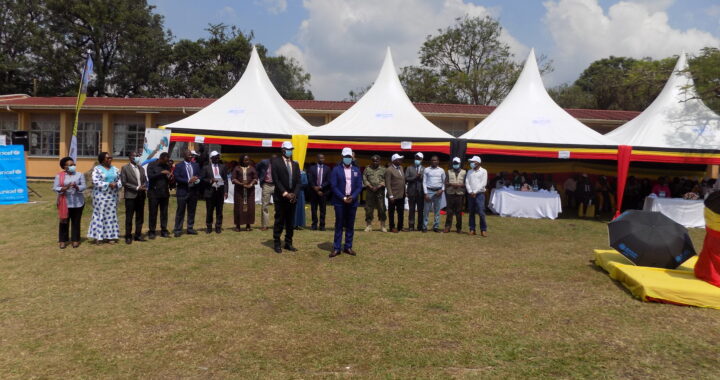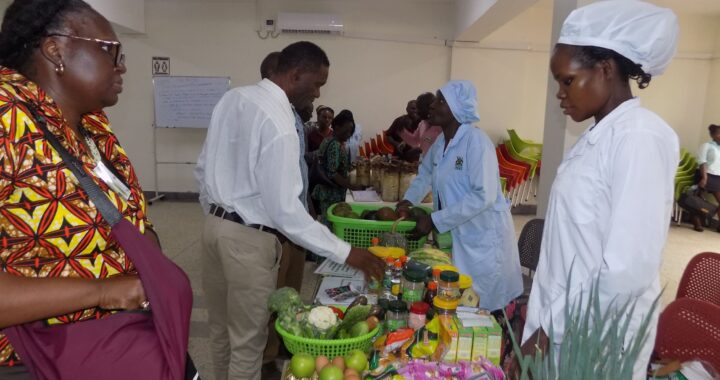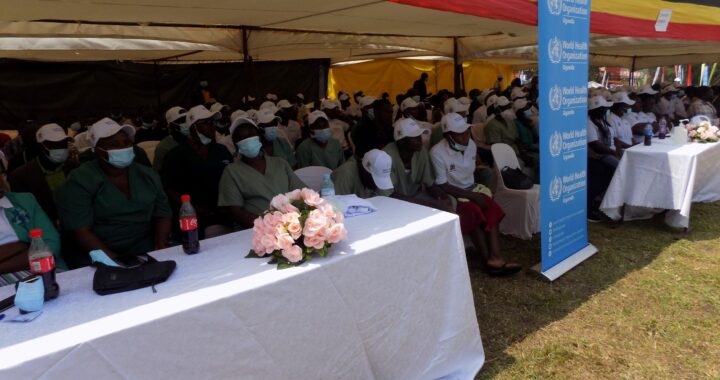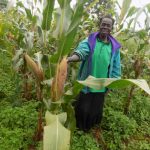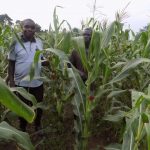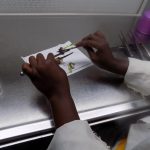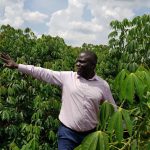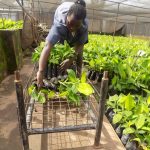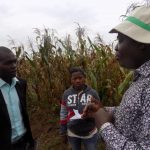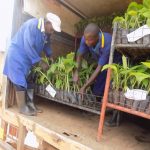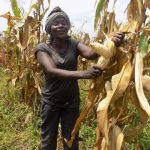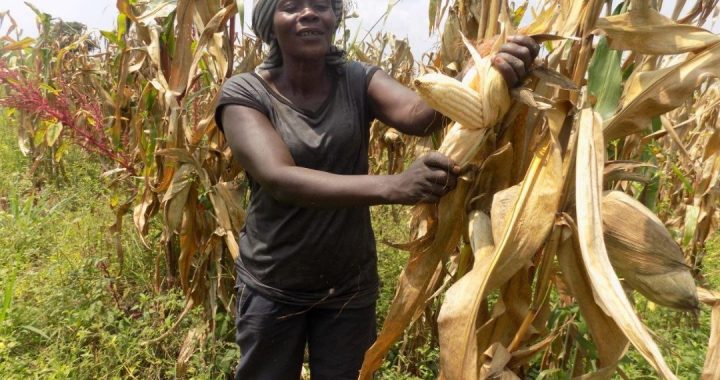Africa CDC gives hope on managing epidemics in Great Lakes region
4 min read
Public health officials during End of Ebola Outbreak in Uganda ceremony in Mubende district grounds in 2022. Photo by Christopher Bendana
By Christopher Bendana
KAMPALA –
The ability to test for epidemics like Ebola and Marburg has improved significantly in the Great Lakes region, according to the Africa Centres for Disease Control and Prevention (Africa CDC).
Ngashi Ngongo from Africa CDC told a press briefing on Thursday 6 February that 40 countries have the laboratories and technology to sequence specimens for viruses and provide a result.
“We are decentralizing the system. That is why areas like Goma in the Democratic Republic of Congo can now sequence for diseases like Ebola,” he explained.
Ngongo said the continent’s public health agency had learned a lot from COVID-19, and Ebola in West Africa and DRC, calling for countries in the Great Lakes region to plan.
“We need to produce our vaccines,” he told reporters.
Uganda, which is battling two outbreaks — Ebola and Mpox — started vaccinating priority groups such as health practitioners this week using vaccines donated by IAVI through the World Health Organization (WHO) for Ebola and the European Union for Mpox.
In a press release on Tuesday , WHO said the vaccination for Ebola Sudan in Uganda was the first clinical trial for efficacy, and that the donor of the trial vaccine IAVI had already conducted trials for safety and immunogenicity.
Critical achievement
The WHO statement added that preparation for the first and fast trials was a collaboration with Makerere University and Uganda Virus Research Institute.
The other institutions that are supporting the vaccination process with support from WHO are;
Coalition for Epidemic Preparedness Innovations (CEPI)
Canada’s International Development Research Centre (IDRC)
European Commission’s Health Emergency Preparedness and Response Authority (HERA)
Africa CDC
“This is a critical achievement towards better pandemic preparedness, and saving lives when outbreaks occur,” said WHO Director-General Tedros Adhanom Ghebreyesus.
“This is possible because of the dedication of Uganda’s health workers, the involvement of communities, the Ministry of Health of Uganda, Makerere University and UVRI, and research efforts led by WHO involving hundreds of scientists through our research and development Filoviruses network.
“We thank our partners for their dedication and co-operation, from IAVI for donating the vaccine, to CEPI, EU HERA and Canada’s IDRC for funding, and Africa CDC for further support. This massive achievement would simply not be possible without them,” said Ghebreyesus.
Contract tracing is difficult
Yap Boum, the deputy incident manager for Mpox response at Africa CDC, referred to vaccination for both epidemics as a game changer.
He mentioned Uganda, DRC, Zambia, and Burundi as countries with the highest Mpox cases.
The fighting in Goma is affecting the functioning of the testing in the eastern DRC, he added.
For Uganda, Boum said they were following up Wakiso and Kampala as key hotspots.
“Contract tracing is very difficult, as people try to keep their sexual networks confidential,” he said, revealing that the majority of the cases are in the 18-39 age bracket.
Wakeup call
Meanwhile, asked by a journalist on the impact of US President Donald Trump’s suspension of United States Agency for International Development (USAID) support to the continent’s health sector, Ngongo from Africa CDC maintained positivity.
“So far we have not seen a negative impact,” he said, advising African governments to invest in the health of its people. “It is a wakeup call for Africa to invest in its health.”
Besides Uganda and DRC, other countries in the Great Lakes region are facing or have recently faced epidemics: Marburg in Tanzania and Rwanda.
The regions with many rainforests and good climate host some of these deadly viruses.
We shall come out of this
David Okello, a medical doctor and public health expert at the African Centre for Global Health and Social transformation (ACHEST) — a public policy health think tank in Kampala — is worried about the origin of Ebola in Kampala, a city of about two million people.
“It is a serious development. No one knows where it came from. It is a puzzle. Is it a mutation? It is not how Ebola starts,” he argued.
Okello, however, is optimistic about Uganda’s health system to manage such outbreaks.
“I have no doubt we shall come out of this. Our team has the right skills,” he said, boasting that even Africa CDC and WHO were learning from Uganda’s experience in handling outbreaks.
Unlike Mpox which has a low fatality rate, Ebola has a high fatality rate of between 41% and 70%, according to the WHO.
Uganda last had an Ebola Sudan outbreak in 2022. The health ministry re-activated the emergency button and advised citizens to be on alert and report any suspected cases on toll-free lines.
The virulent zoonotic disease comes with a fever, headache, and vomiting, and it is mainly transmitted through contact with an infected person.
Many public places such as shopping malls have re-instituted sanitation protocols.
Pontiano Kaleebu, a clinical immunologist at the Uganda Virus Research Institute, Uganda said the country had received 2100 doses for Ebola Sudan.
You can support this independent journalism by contacting the editor at cbendana@sciencenowmag.com
Sciencenowmag would like to recruit more science journalists
